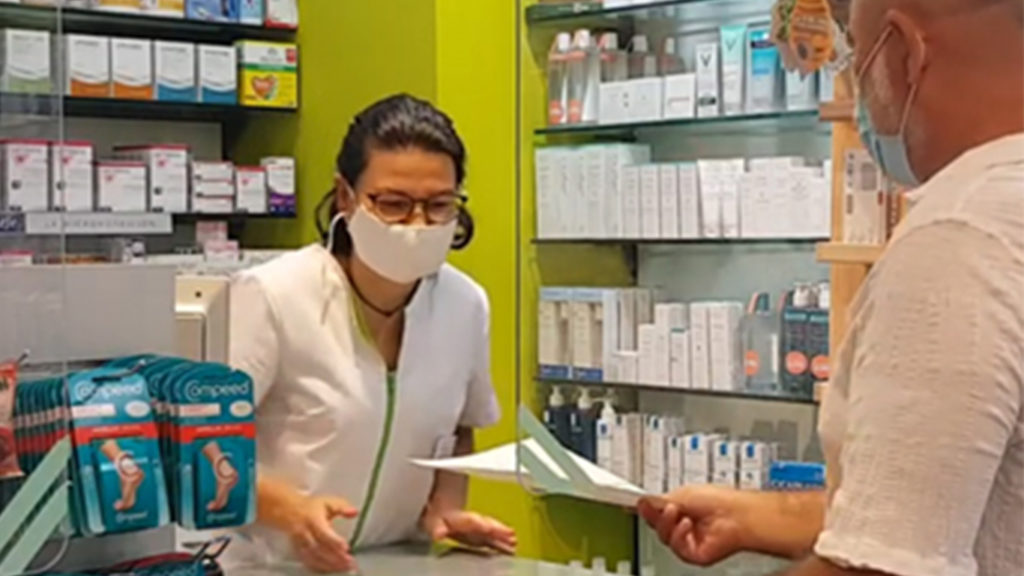In 2000, a group of doctors and researchers began a pilot program for the early detection of colon and rectal cancer in L’Hospitalet de Llobregat. This program was extended to cover the entire Metropolitan Region of Barcelona, with a target population of more than 494,000 persons. However, accessibility and awareness are the main barriers detected to participate in screening programs. In this sense, pharmacies play a key role thanks to their great implementation throughout the territory and the knowledge they have of the population, as well as the relationship they establish. Citizens perceive pharmacies as a point where they can receive advice on their health, which facilitates a close and trusting relationship. Likewise, they are a community that is aware of their environment, added value to the evaluation of screening programs, and can offer specific improvement strategies and interventions.
It is for this reason that, in 2010, and following the positive experience of other European countries, the program decided to include pharmacies in the screening program. Now, pharmacies are the only collection points for the kits in their area of influence to detect blood hidden in feces. According to the recently published study, good acceptance can be explained by several reasons. In the first place, the pharmacy network is coordinated by the Official College of Pharmacists, which ensures work under the same criteria and standards. Second, the pharmacists have received specific training in the technical aspects necessary to give advice, delivery, and sample collection process. And, last but not least, pharmacies are paid to participate in the Program, reinforcing their commitment to the initiative.
Likewise, the study has observed that there is no direct relationship between the number of pharmacies participating in the Program and the percentage of participation.
The Colon and Rectal Cancer Early Detection Program
Colorectal cancer is the most common cancer. In Catalonia, and according to projections from the Girona and Tarragona Cancer Registries, 6,400 new cases of this type of tumor were diagnosed in 2020. Most colorectal cancers develop from lesions called adenomas, risk lesions for developing cancer in the future. Both adenomas and cancers bleed intermittently, and it is this blood is detected through the test offered by the Early Detection Program. Colorectal cancer can develop for months without discomfort, and often when symptoms appear, the disease is quite advanced. Early detection programs allow the early detection of the disease, which improves the prognosis and the treatment.
The Program is targeted at men and women between the ages of 50 and 69. Every two years, they receive at home an invitation letter and the lists of the collaborating pharmacies. Once the sample is collected, it must be returned to any pharmacy that collaborates with the Program and the result will be communicated by letter within a few days. In case blood is detected in the stool sample, a colonoscopy is recommended to rule out any injury. In case the result is negative, the person will receive a letter to participate in the program after two years.
Most people who participate have not occult blood in the feces. Participants who have blood detected in their stool sample (about 5%) are referred for a colonoscopy to confirm or not that there is any.

